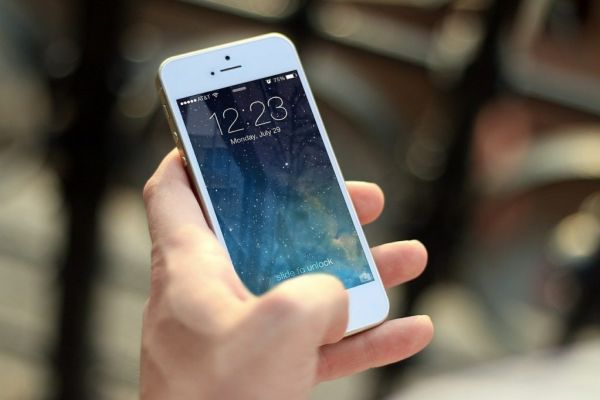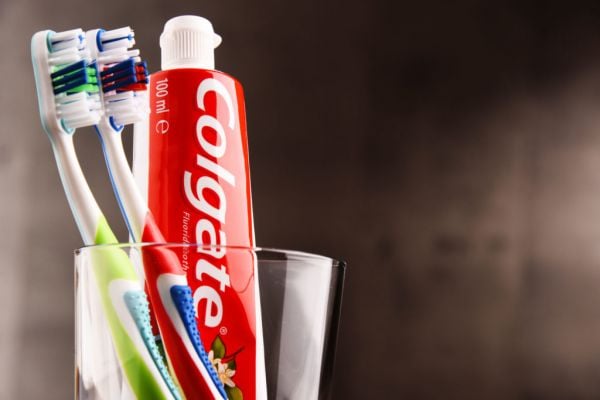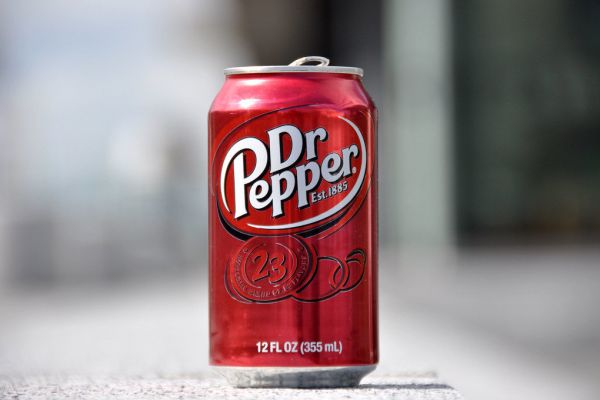So-called 'blue light' from smartphone and laptop screens has no damaging effect on skin, a new study from Beiersdorf, the maker of Nivea, has claimed.
The group undertook the study to determine whether artificial blue light from electronic devices had the same impact as UV rays from the sun, also known as high-energy visible (HEV) light, noting that 'as the number of hours we spend in front of laptop, smartphone, and TV screens increases, particularly during the coronavirus pandemic, so too does conjecture about the effect of these kinds of light sources on our stress levels, sleeping patterns or directly on our skin'.
Artificial Blue Light
Following the completion of its research, the research team headed by Dr. Ludger Kolbe, chief scientist photobiology, Beiersdorf, refuted the claims circulating on the subject of artificial blue light.
"Public discourse has been characterised by a lack of knowledge and of scientific studies," he said. "But through our research activities, we’ve managed to prove that the amount of artificial blue light emitted during conventional use of electronic devices is nowhere near enough to trigger harmful skin effects."
According to Beiersdorf, spending an entire week in front of a monitor, at a distance of 30 centimetres from the screen, would have the same effect as spending 'just one minute outside on a sunny summer day in Hamburg at midday'.
“The much-feared negative impact of increased screen use due to the coronavirus – for example, as a result of more online meetings or increased use of smartphones – is therefore scientifically untenable," said Kolbe.
Even if you were to sit up close to the screen, this would have little impact on the results, Beiersdorf suggested – while HEV intensity increases by a factor of 17, a ten-hour phone call on a smartphone, for example, would be the same as a minute on a sunny day.
"The effect on the skin is negligible, which means concerns about negative impacts on the skin are unfounded," Kolbe added.
Blue-light protective products are an emerging category within skincare, with Portuguese retailer Jerónimo Martins recently winning a European Private Label Awards for its innovation in this category.
'Actual Danger'
Beiersdorf added that discussions about artificial blue light should not distract from the 'actual danger' posed by natural blue light from the sun, which permeates the skin much more deeply than UVA rays, which make up just 5% of sunlight.
It said that antioxidant ingredients such as licochalcone A, which is used in Beiersdorf's Eucerin and Nivea Sun products, can have a protective effect against these damaging rays.
© 2021 European Supermarket Magazine. Article by Stephen Wynne-Jones. For more A-Brands news, click here. Click subscribe to sign up to ESM: European Supermarket Magazine.














